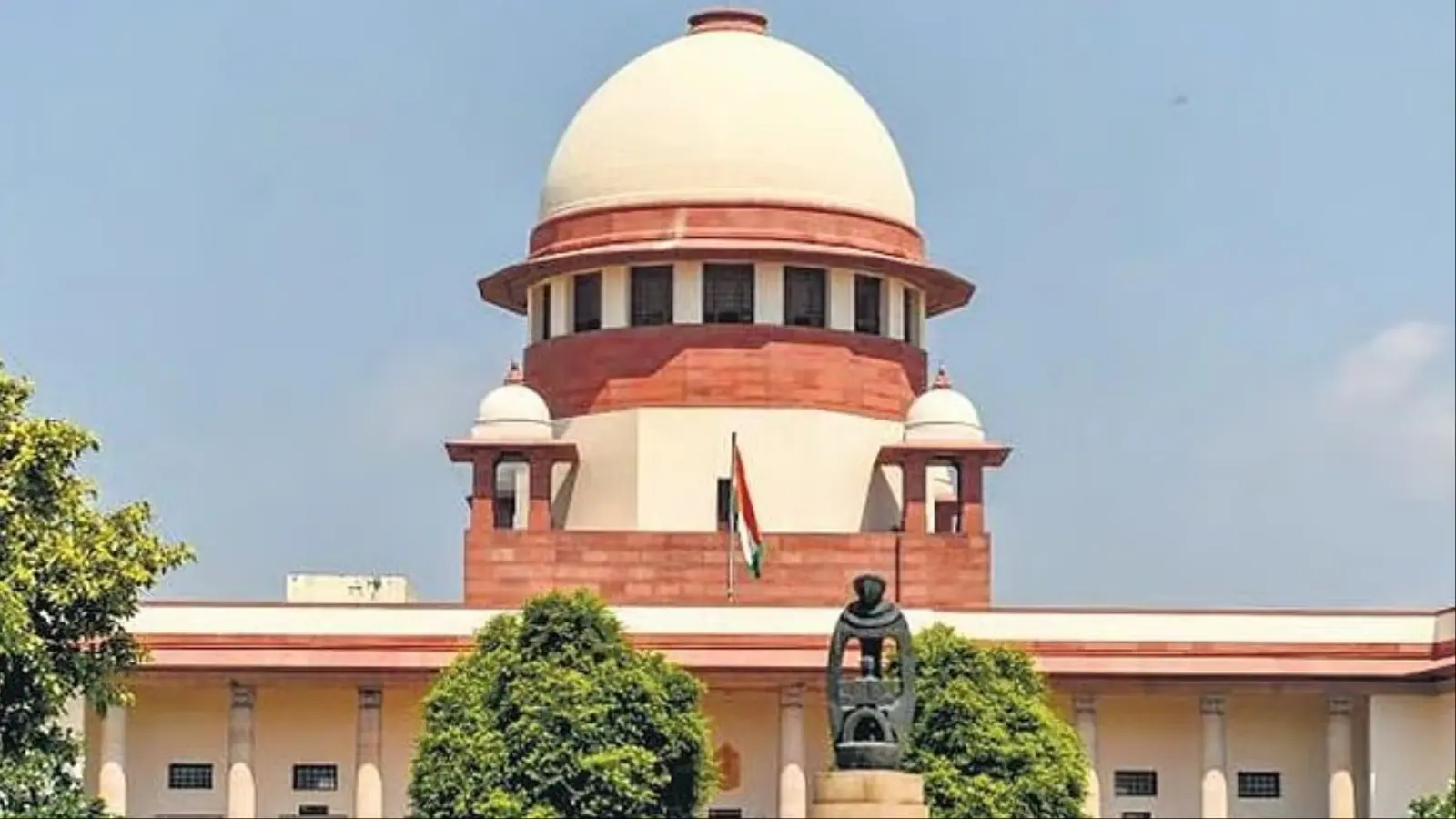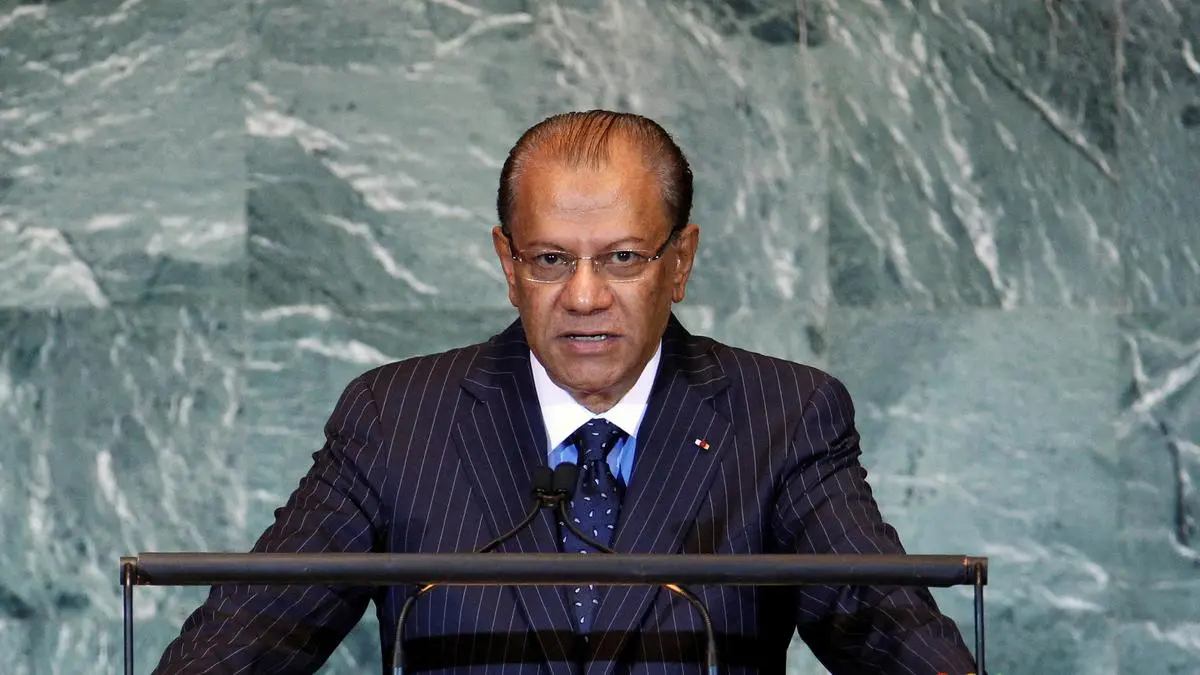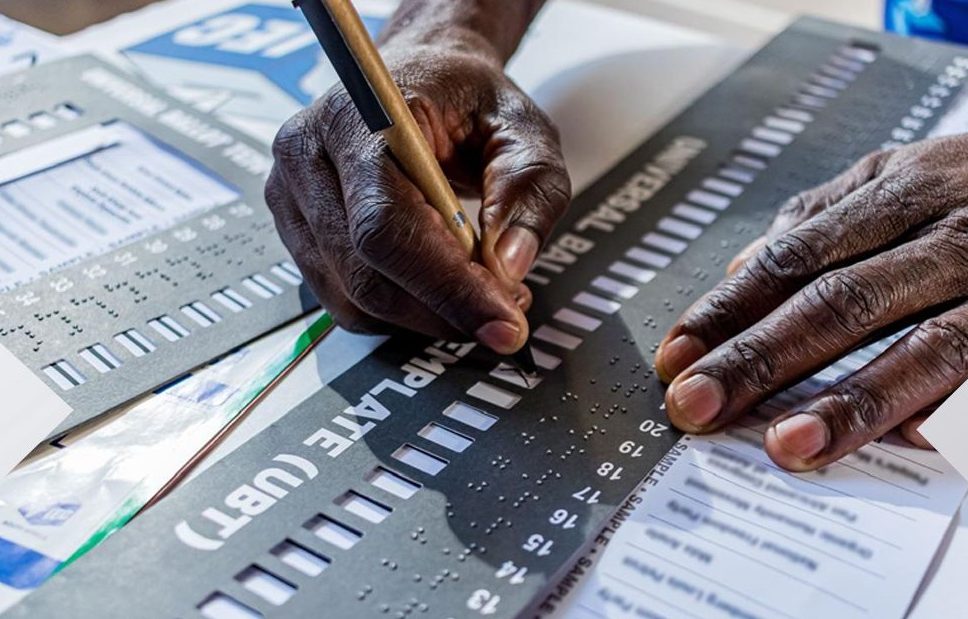By News18,Ronit Singh
Copyright news18

The Supreme Court on Monday declined to put the entire Waqf (Amendment) Act, 2025, on hold, noting that no such case had been made out for such an order.
However, the bench led by Chief Justice BR Gavai observed that some provisions may need temporary protection and stayed certain sections of the Act, including the rule that mandates a person must have been a practising Muslim for five years to create a Waqf.
“We have found that the entire act is challenged, but basic challenge was sections 3(r), 3C, 14. We have gone to legislative history from the 1923 Act and considered prima facie challenge to each section and hearing parties were not made out for entire statute. But sections which are under challenge, we have granted stay,” the bench headed by CJI BR Gavai said.
Today’s hearing follows the bench’s May 22 decision to reserve its interim order on the Act, after three days of arguments from both sides.
The petitions challenge the constitutional validity of amendments to the Waqf law passed by Parliament earlier this year.
SC Stays Key Sections Of Waqf Act
Section 3(r): The requirement of five years as a practising Muslim is on hold until proper rules are formed to prevent arbitrary use of powers.
Section 2(c) Provision: Certain property will not be considered as waqf property.
Section 3C: Allowing the designated officer to challenge revenue records and let the collector decide rights would violate the separation of powers. Until final decisions are made, property rights remain unaffected, and waqf properties cannot be dispossessed.
Membership Limit: Committees shall not have more than four non-Muslim members, and for state-level committees, no more than three.
Section 23: Ex officio officers must be members of the Muslim community.
What Was Challenged?
Senior advocate Kapil Sibal, representing the petitioners in earlier hearings, had contested three main provisions of the Act:
Denotification of Properties: Whether properties previously declared as waqf under earlier laws can now be removed from waqf status under the amended Act.
Composition of Waqf Boards: The petitioners argue that the new structure of state waqf boards and the Central Waqf Council wrongly allows non-Muslim members, asserting that these bodies should be managed exclusively by Muslims, except for ex officio positions.
Collector’s Inquiry Clause: A provision stating that a property may no longer be considered waqf if a district collector’s inquiry determines it to be government land.
Enforced on April 8 after receiving presidential assent, the amended law has been contentious for its far-reaching implications.
It was passed in Parliament with 288 votes in favour and 232 against in the Lok Sabha, and 128 in favour and 95 against in the Rajya Sabha.
Its passage triggered widespread protests in West Bengal and other states, reflecting the sharp political and community divisions surrounding the law.



